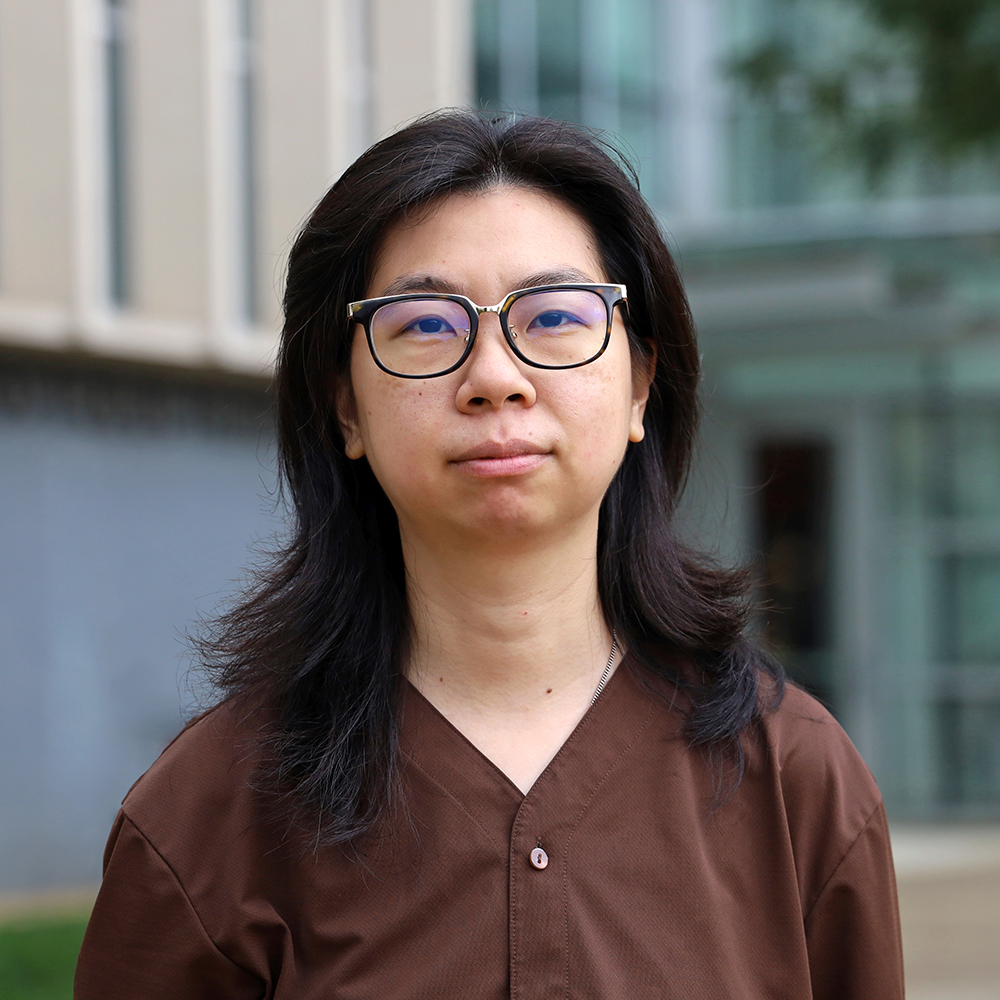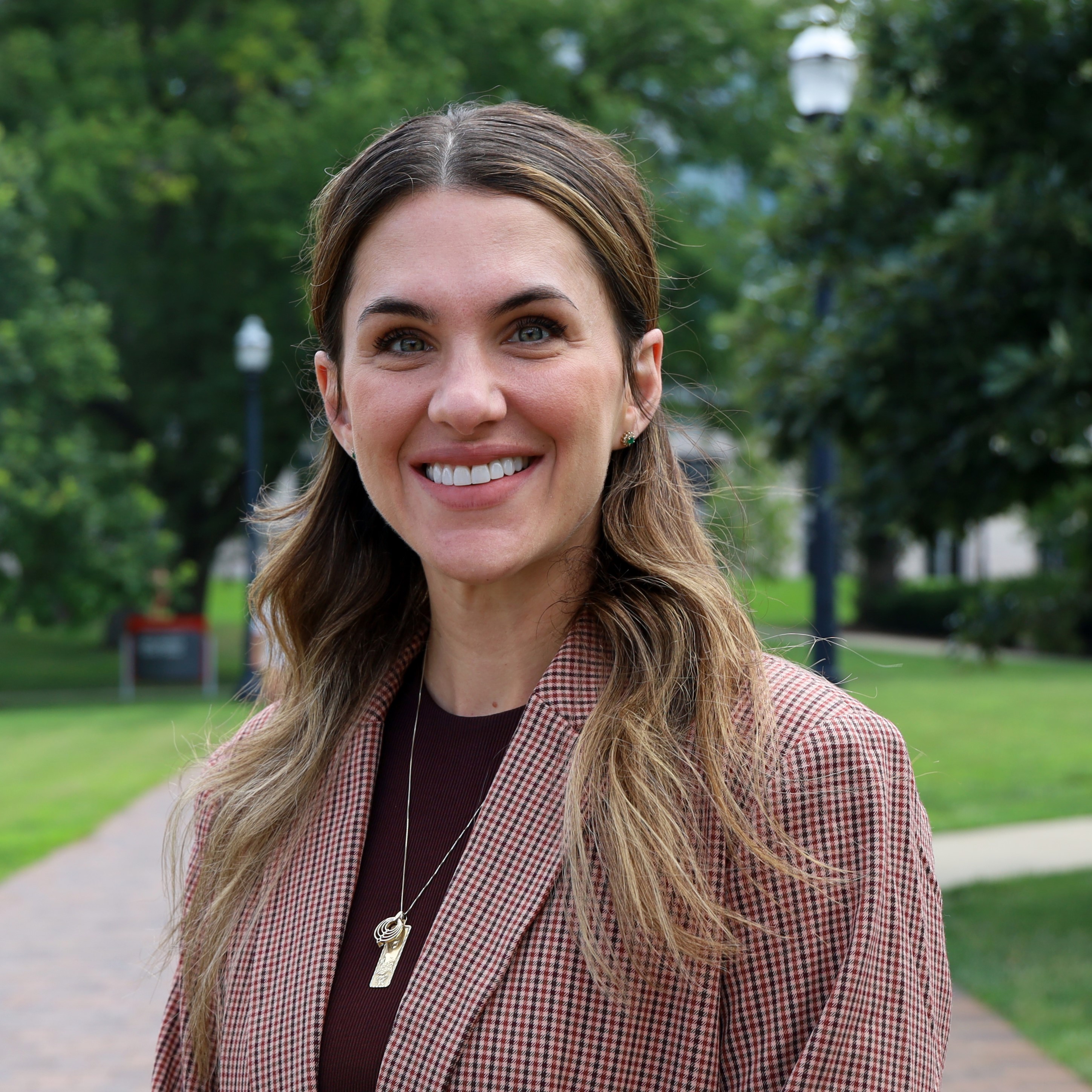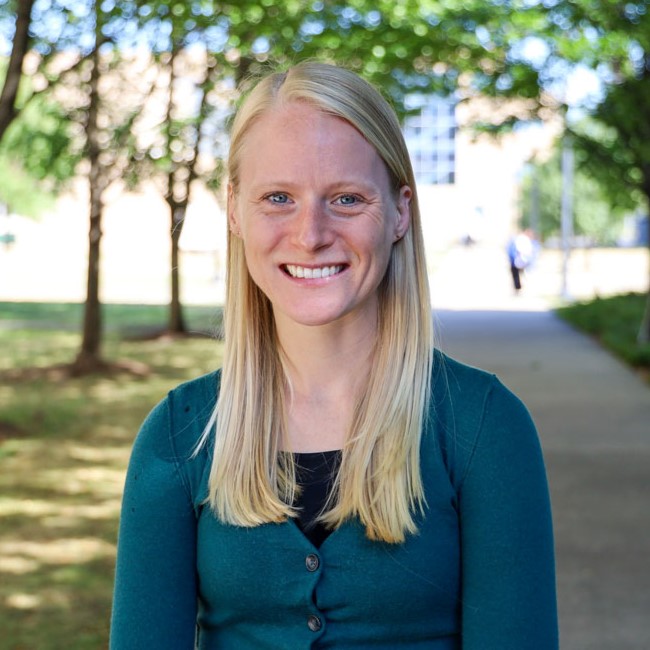New CPH seed grants support public health innovation
Projects focus on cancer screening, vaccine design, radium and heavy metal exposure, firearm safety
By Anthony Rodriguez
The College of Public Health has awarded four LaunchPad faculty rapid advancement seed grants to address pressing public health challenges.
The college’s funding will fuel research focused on health and well-being in Ohio and beyond.
Aldenise Ewing, assistant professor of epidemiology; Qianying Lin, assistant professor of biostatistics; Laura Prater, assistant professor of health services management and policy; and Arbor Quist, assistant professor of epidemiology, each received support for their proposals.
“It’s never been more important to find ways to encourage and support our faculty in the kind of foundational public health work that leads to advances that improve lives in our community and beyond,” Dean Paula Song said.
The CPH LaunchPad initiative focuses on funding projects that will have a demonstrable benefit and can serve to secure larger external funding opportunities. It provides seed funding for new projects, supports rapid response research on the needs of Ohio or reinvigorates a faculty member's research.
“This new initiative brought out many diverse research project proposals,” said Mark Weir, interim associate dean of research and associate professor of environmental health sciences. “They span across the public health field and truly demonstrate the land-grant mission of the college and university.”
Seed grant awardees and projects

Advancing CRC-DIRECT: Chatbot-enhanced digital navigation for colorectal cancer screening among adults ages 45-49
Aldenise Ewing, assistant professor, Epidemiology
Ewing’s research focuses on the increase in early-onset colorectal cancer by enhancing a digital screening resource with a chatbot navigator. This project aims to increase screening uptake among adults 45-49 years old, where screening rates are lowest, by providing personalized education and removing barriers to care.

An efficient inferential framework for within-host viral phylodynamics: towards vaccine design
Qianying Lin, assistant professor, Biostatistics
Lin’s project will create a new computational framework to model how chronic viruses, like hepatitis C, evolve within an infected patient. This research aims to provide new insights into immune response mechanisms and inform the design of precision vaccines and treatments.

Making informed choices: Firearm safety and aging
Laura Prater, assistant professor, Health Services Management and Policy
Prater’s project explores the high rate of firearm suicide among older adults by finalizing a critical intervention tool, “Making Informed Choices.” This work will create and test a web-based decision aid that empowers primary care providers and older adults to have respectful, evidence-based conversations about safe firearm storage.

Metals in deciduous teeth related to surface application of oilfield brine in Licking County, Ohio
Arbor Quist, assistant professor, Epidemiology
Quist's community-engaged study will be the first to investigate the public health impact of spreading oilfield brine on roads in Licking County, Ohio. By analyzing baby teeth for radioactive radium and heavy metals, this project will provide direct evidence of historical exposure in children, addressing a critical health concern for rural residents.
These projects were funded through the college’s Rapid Response Fund, supported by Mike Smeltzer ’70 and additional members of the CPH community.
About The Ohio State University College of Public Health
The Ohio State University College of Public Health is a leader in educating students, creating new knowledge through research, and improving the livelihoods and well-being of people in Ohio and beyond. The College's divisions include biostatistics, environmental health sciences, epidemiology, health behavior and health promotion, and health services management and policy. It is ranked 22nd among all colleges and programs of public health in the nation, and first in Ohio, by U.S. News and World Report. Its specialty programs are also considered among the best in the country. The MHA program is ranked 5th and the health policy and management specialty is ranked 21st.